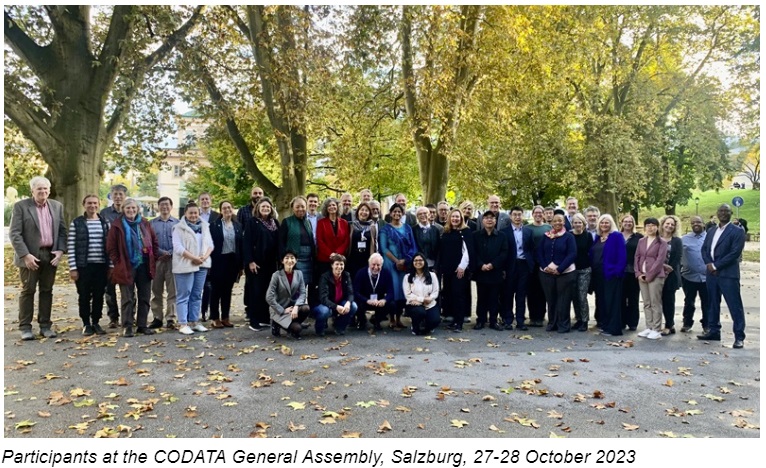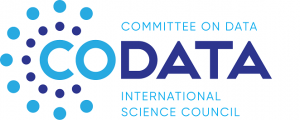

How Insurers Game Out Disaster Risk and Drop Customers
Rising losses from storms and hurricanes are prompting insurers to increase rates and curtail coverage. CSAA Insurance Group refused to renew its policy this year on the home that Ronnie de Supinski owns with her husband, Bronis, in Livermore, Calif. The reason given? Wildfire risk. The wildfire-risk score sent by CSAA? Zero.
How African cities can learn from each other about building climate resilience
More necessary than ever, communities must come closer together, share goals, knowledge, and ideas, and co-create innovative solutions to climate change. Here’s how some cities in Africa have responded to climate shocks and what others can learn from their experiences and better understand how to build a future of shared climate resilience and prosperity.
Hidden threat: Global underground infrastructure vulnerable to sea-level rise
As sea levels rise, coastal groundwater is lifted closer to the ground surface while also becoming saltier and more corrosive. A recent study by earth scientists at the University of Hawai‘i (UH) at Mānoa compiled research from experts worldwide showing that in cities where there are complex networks of buried and partially buried infrastructure, interaction with this shallower and saltier groundwater exacerbates corrosion and failure of critical systems such as sewer lines, roadways, and building foundations.
USGS deploys “aftershock kits” to study Whitehouse Station earthquakes
A U.S. Geological Survey team has begun a seismic sensor deployment to capture aftershock data following the 4.8 magnitude earthquake that rattled New Jersey April 5, 2024, and was felt for hundreds of miles. The team is deploying eight “aftershock kits” this week, which will gather information such as where aftershocks originate in the area, how long they last, and their magnitude, said Greg Tanner, a USGS electronics technician.
Côte d’Ivoire is currently preparing to launch its first national NAP document, which is expected to be validated by the minister in the coming month. Recognizing that the country will not achieve its climate ambitions without bringing all actors and citizens into the NAP process, the Côte d’Ivoire government has worked in parallel on their first NAP communication strategy, published in April 2024. The main objective of the strategy is to inform and raise awareness of the NAP’s priorities among all stakeholders.
Lessons on resilience from a year of global earthquakes
Rapid population growth in disaster-prone regions concentrates people where recovery after extreme events is costly. Thanks to Japan’s years of planning, preparations, and implementation of resilient building strategies, the country has become adept at mitigating the effects of significant earthquakes.
Study identifies increased threat to coastlines from concurrent heat waves and sea level rises
Concurrent occurrences of heat waves and extreme short-term sea level rises at the same coastal locations significantly increased between 1998 and 2017 when compared to the preceding 20 years, reports a study published in Communications Earth & Environment. The study also suggests that these events may be five times more likely to occur between 2025 and 2049 under a modeled high emissions scenario.

A new paradigm in Climate Finance
By embracing an equitable, empowering paradigm, this fund can deliver on international commitments and empower those most affected to forge climate-resilient futures.
Health care systems are at the frontline of delivering critical care during emergencies, mitigating illnesses and deaths. Yet many countries struggle to meet even routine demands for health care. Climate change, disasters, pandemics, and demographic changes are bound to increase pressures on already strained health systems.
This study evaluated the air temperature and Universal Thermal Climate Index (UTCI) trends between 1990 and 2019 and found significant increasing trends for air temperature for the whole region while the increases of UTCI are not as pronounced and mainly found in the northern part of the region. These results indicate that even though air temperature is increasing, the risks of heat stress when assessed using UTCI may be alleviated by other factors.
The Digital Economy Strategy sets out the Government’s goal to position Australia as a leading digital economy and society by 2030 in order to create better jobs; improve transport, communication and innovation, and enable us to provide better services to all Australians from all walks of life. Data is the building block for this digital future, with 176 zettabytes of new data expected to be generated each year by 2025. Some Australian businesses already use data to create new value, streamline processes and optimise value chains.
This report aims to contribute to discussions on increasing the access of local governments (LGs) and cities to climate finance and help LGs understand various financing instruments and sources available to them to meet climate investment needs. It organizes these instruments in a conceptual framework and provides information on each, along with case studies presenting international experiences with their use.
The risk of concurrent heatwaves and extreme sea levels along the global coastline is increasing.
This study finds that 87.73% of coastlines experienced such concurrent extremes during 1979–2017. There is an average increase of 3.72 days in the occurrence during 1998–2017 compared to 1979–1998. Concurrent heatwaves and extreme sea levels could pose a serious threat to coastal communities under climate change; however, the spatiotemporal characteristics and dynamic evolution of them along global coastline remain poorly understood.
Integrating social vulnerability into high-resolution global flood risk mapping.
The study aims to identify and characterize ‘hotspots’ of flood risk, accounting for spatial variation in social vulnerability, to provide improved insights into the geography of risk and enhance disaster risk planning and response efforts, particularly in lower income countries with limited data or capacity. Exposure to flooding is greatest in low- and middle-income countries (LMICs), and this is expected to increase because of rapid demographic change.
Impact of climate change on the corrosion of the European reinforced concrete building stock.
The study provides assessment of the penetration of climate change induced carbonation in the concrete cover of the existing buildings in the EU Member States. It estimates the time for on-set of corrosion due to depletion of the cover of the reinforcement, and evaluates the repair costs under the moderate emissions scenario RCP4.5, and under the extreme scenario RCP8.5.

The AI for Good Global Summit is the leading action-oriented United Nations platform promoting AI to advance health, climate, gender, inclusive prosperity, sustainable infrastructure, and other global development priorities.
This event will delve into the vital role of disaster risk reduction in implementing the new programme of action for Small Island Developing States (SIDS), attracting both existing and new partners, and fostering a risk-informed and resilience-focused approach to investment in SIDS.
The ninth annual Multi-Stakeholder Forum on Science, Technology and Innovation for the SDGs (STI Forum) will be held from 9 to 10 May 2023. In line with recent mandates and as in previous years, the STI Forum will facilitate discussions on science, technology and innovation cooperation in support of the SDGs.
Finance Innovation Festival – Insurance and Investment Opportunities for Nature-Based Solutions
The festival aims to bring together various communities involved in climate risk assessment, policy analysis, financial innovation, and advocacy for nature-based solutions.
The Central Asia Climate Change Conference 2024
In 2024, the Central Asia Climate Change Conference (CACCC-2024) will delve into critical issues pertaining to water, energy, food security, and environmental sustainability within the context of a climate-affected Central Asia. Participants will be apprised of the progress made by Central Asian countries in climate mitigation and adaptation, including their reporting under the Enhanced Transparency Framework.





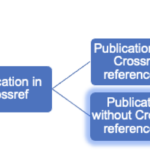


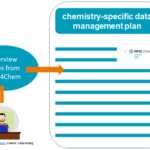
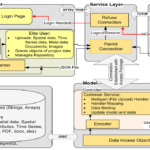



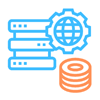
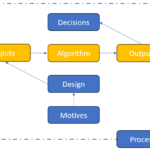







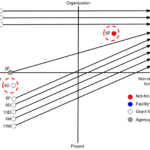
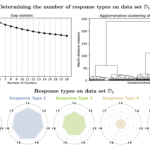
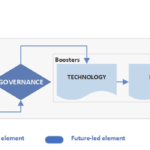
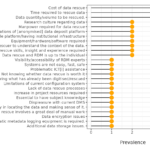
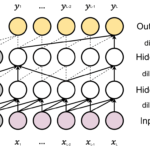

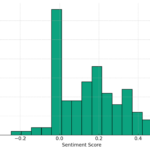
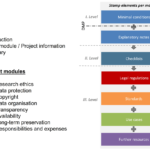







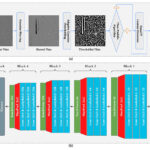
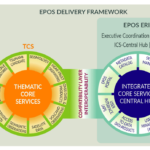
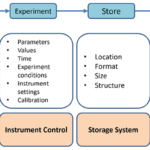
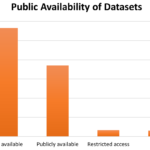
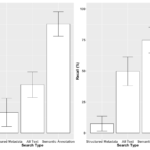
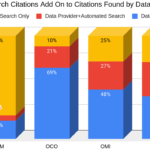







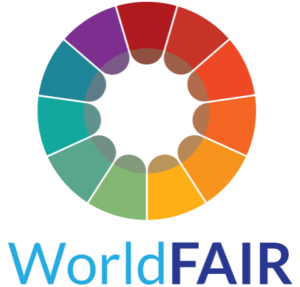 WorldFAIR: ‘global cooperation on FAIR data policy and practice’
WorldFAIR: ‘global cooperation on FAIR data policy and practice’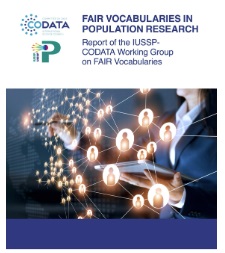
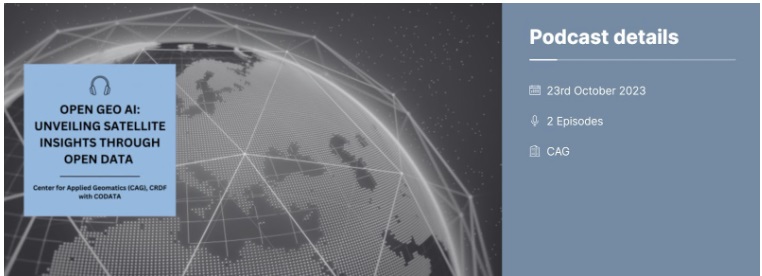
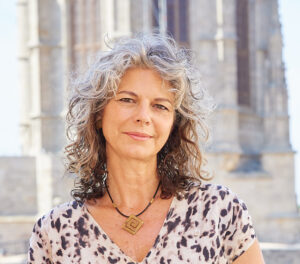 IDW was followed by the
IDW was followed by the 